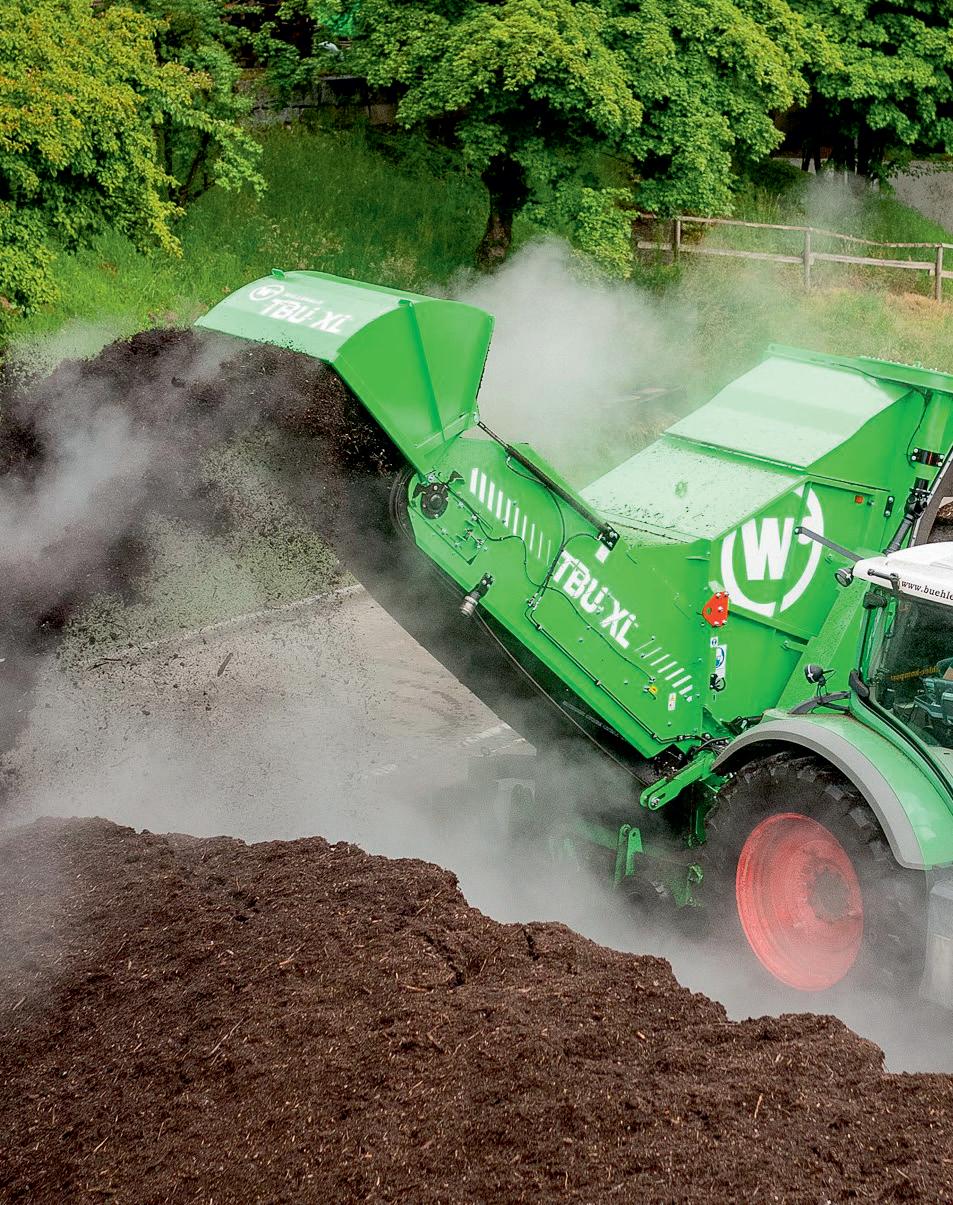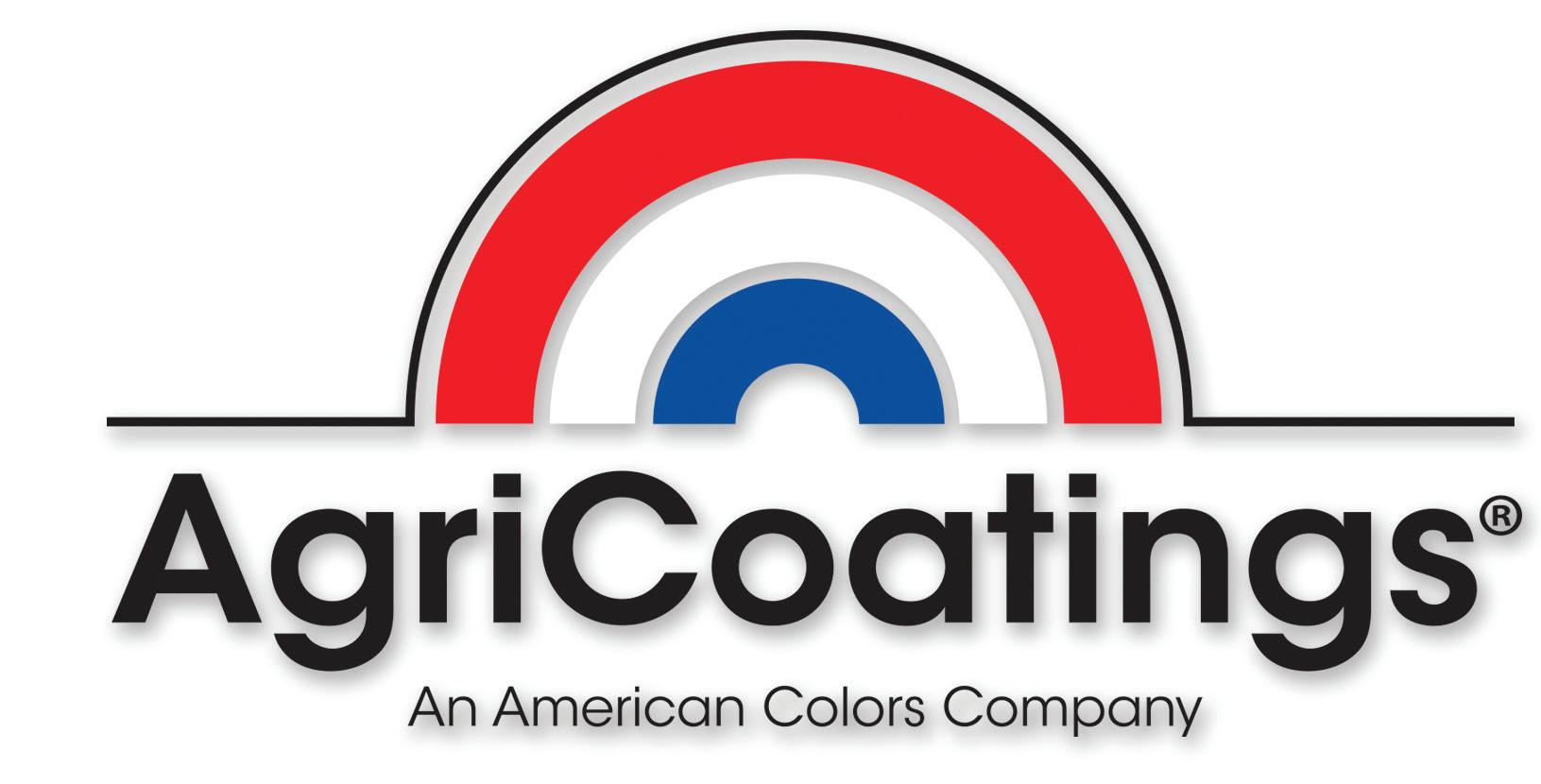
1 minute read
News From MSC
Continued from page 12
Reports of Double-Brokering Increase
Double-brokering — when a carrier accepts a load and then illegally re-brokers it to another carrier — is on the rise, costing brokers and carriers millions of dollars, and hurting legitimate businesses. Several red flags can alert companies to scams, and brokers said they’re scrutinizing everything from ELD records to IP addresses.
There are two primary types of double-brokering. In one, legitimate carriers accept loads but don’t have capacity, so they double-broker it even though they don’t have authority. While it is still illegal, there are often no claims unless there is an accident or a load is damaged. With fraudulent double-brokering, someone contracts with what they think is a legitimate motor carrier that then re-brokers the load. In the end, Brokers and shippers do not know who is actually in custody of the goods. If something goes wrong, there is often no cargo insurance. Even worse, there is a higher risk of theft.
In Q4 2022 and Q1 2023, Truckstop, a load board provider, saw a 400% increase in double-brokering complaints according to Brent Hutto, its chief relationship officer. Today, about 30% of freight is moved in the spot market. The sheer volume going through the spot market is much higher than it has ever been and is only predicted to increase,” Hutto said, adding that double-brokering tends to increase in a down market. “I don’t know why that is other than, anecdotally, the marketplace is more desperate to get freight at a profitable level.”
What can you do?
• Know your broker and verify information
• Check addresses on bills of lading
• Ask your broker how they deal with double brokering
• Be suspicious of quick-pay options
• Beware of fuel advance demands
• Verify the insurance listed by the carrier for coverage and number of trucks www.quadco.com
The Mulch & Soil Council began in 1972 and is the national association of producers of horticultural mulches, consumer potting soils and commercial growing media. Its mission is to define quality products and promote an open market and fair competition. For more information about MSC, visit mulchandsoilcouncil.org or call 806-832-1810.















